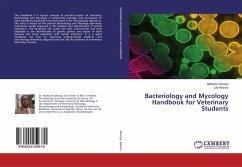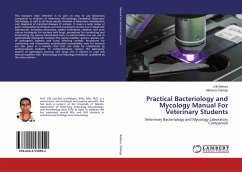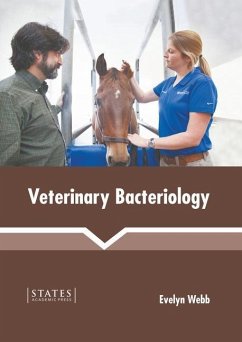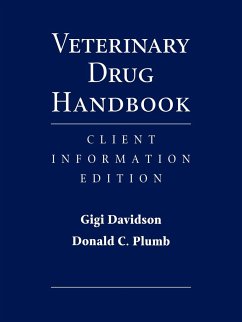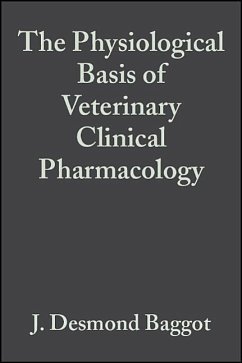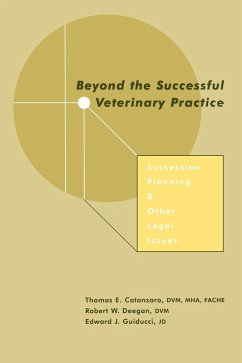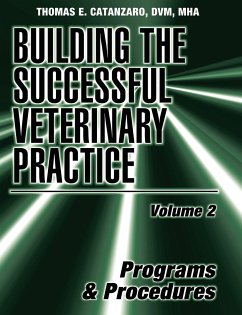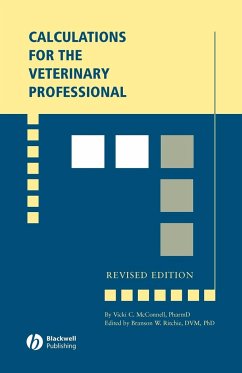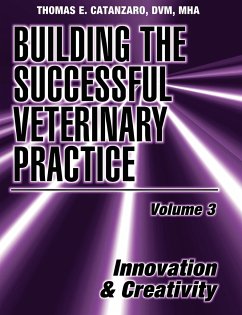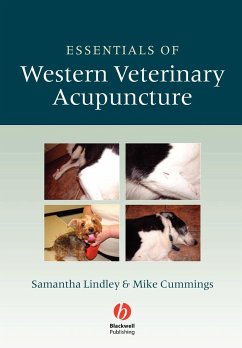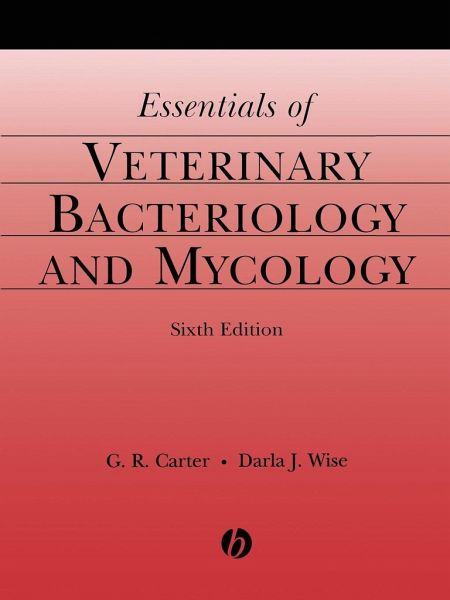
Essentials of Veterinary Bacteriology and Mycology
Versandkostenfrei!
Versandfertig in über 4 Wochen
96,99 €
inkl. MwSt.

PAYBACK Punkte
48 °P sammeln!
The sixth edition of the popular Essentials of Veterinary Bacteriology and Mycology provides the latest information on all facets of the microbial pathogens of animals and everything required for an introductory course in veterinary bacteriology and mycology. This book includes the basic characteristics of bacteria and fungi with two chapters on molecular biology and genetics and their applications. Handy glossaries are at the end of most chapters to aid comprehension. Essentials of Veterinary Bacteriology and Mycology also deals with microbial pathogens of animals and the diseases they cause....
The sixth edition of the popular Essentials of Veterinary Bacteriology and Mycology provides the latest information on all facets of the microbial pathogens of animals and everything required for an introductory course in veterinary bacteriology and mycology. This book includes the basic characteristics of bacteria and fungi with two chapters on molecular biology and genetics and their applications. Handy glossaries are at the end of most chapters to aid comprehension. Essentials of Veterinary Bacteriology and Mycology also deals with microbial pathogens of animals and the diseases they cause. Pathogenic bacteria are discussed in the order in which they occur in the latest molecular genetic (Bergey's Manual of Systematic Bacteriology) classification. This book is the foremost text in veterinary microbiology and continues to fill an important niche in veterinary education





